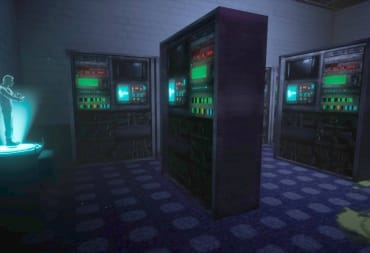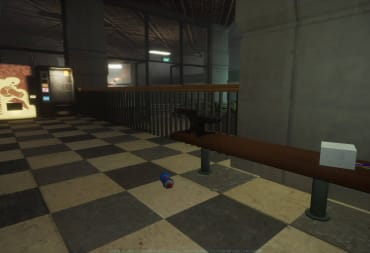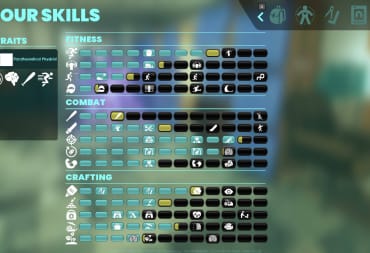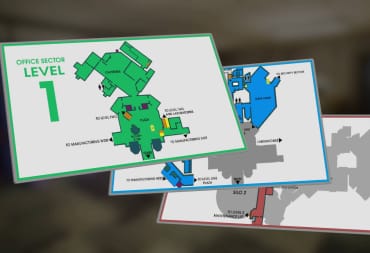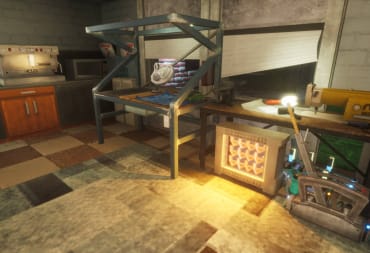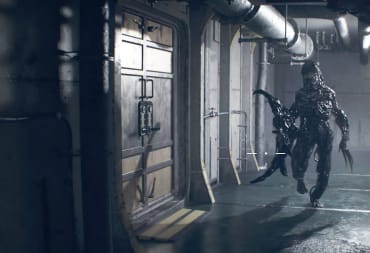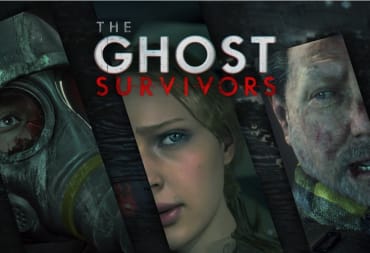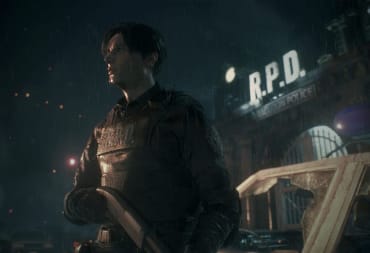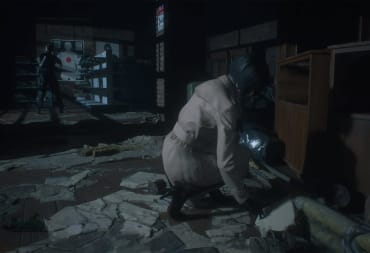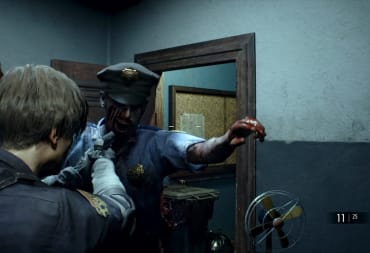25 years ago, Capcom launched a survival-horror series that introduced gameplay, inventory management, and level design that still inspires horror games today. The Resident Evil franchise, or Biohazard in Japan, has reinvented itself time and time again, and it has continued this trend with the Resident Evil remakes we’ve seen over the years. From the original Resident Evil remake that was released on GameCube back in 2002 to the complete overhauls we saw with the Resident Evil 2 and Resident Evil 3: Nemesis remakes, Capcom has plenty of experience with updating their classic titles for new audiences. What do Resident Evil remakes get right, and how does Capcom continue to evolve the series to appeal to new generations of gamers? To answer this, we need to go back to the spring of 1996.
Capcom Defines a Genre with the First Resident Evil
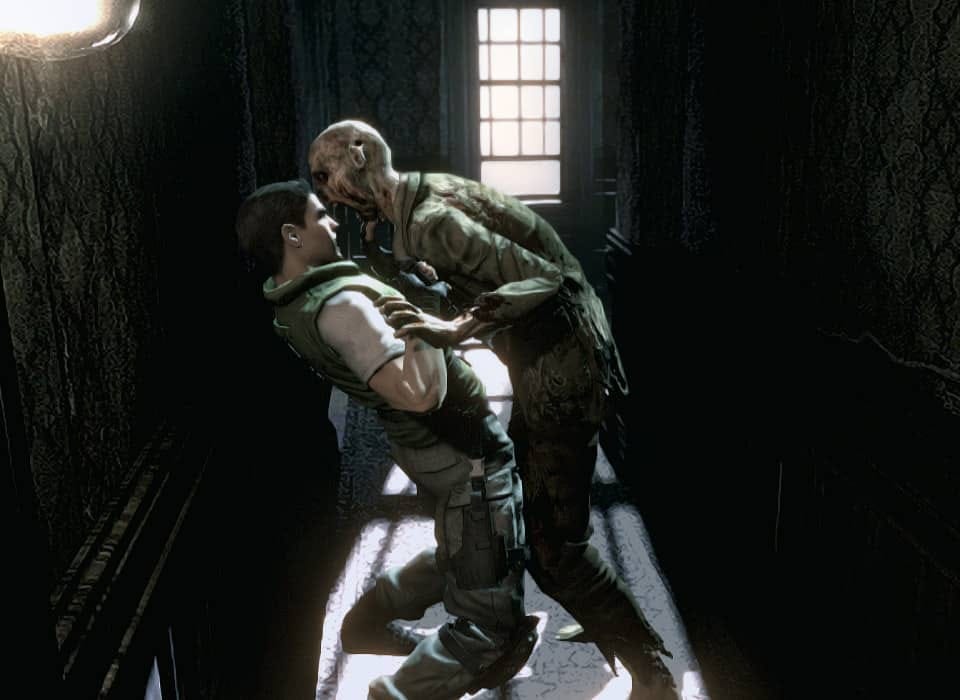
In March 1996, Capcom released a video game that would spawn countless sequels, several remakes, a relatively enjoyable film series, and millions of fans all around the world. In the years to come, the sequels would prove to be successful and also fondly remembered, and it’s only six years later that Capcom commits to a full Resident Evil remake for the Nintendo GameCube in 2002.
This new Resident Evil substitutes a live-action intro for CGI cutscenes, a complete overhaul of the graphics, (thankfully) new voice line recordings, and some of the best new villains and sequences that weren’t in the original, like Lisa Trevor. This version adds more to the events of the RE mansion incident and follows up with Resident Evil Zero later that year. The GameCube Resident Evil remake not only built upon the foundation of the original, but set the stage for sequels such as Resident Evil Zero, helping to bring the series from the '90s securely into the 2000s.
The Series Leans More Into Action
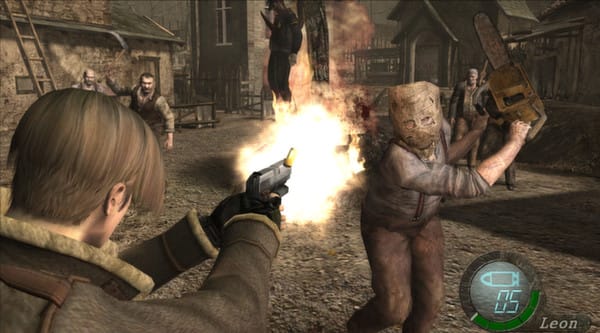
As the 2000s marched on, Capcom enjoyed incredible success with Resident Evil 4 and opted to play it safe by following up with more action-oriented gameplay in Resident Evil 5 and 6. Not too long after, Resident Evil 4 would get an HD remaster that upped the resolution without really adding anything significant to the game itself. Strangely enough, as many times as Resident Evil 4 has been updated and re-released, the most striking and well-balanced version may be Resident Evil 4 for Wii with motion controls. As we look toward a proper Resident Evil 4 remake that’ll likely be released on current-gen consoles, it’s important to remember where the current golden age of Resident Evil remakes started.
Resident Evil 2 Remake & Resident Evil 3: Nemesis Remake
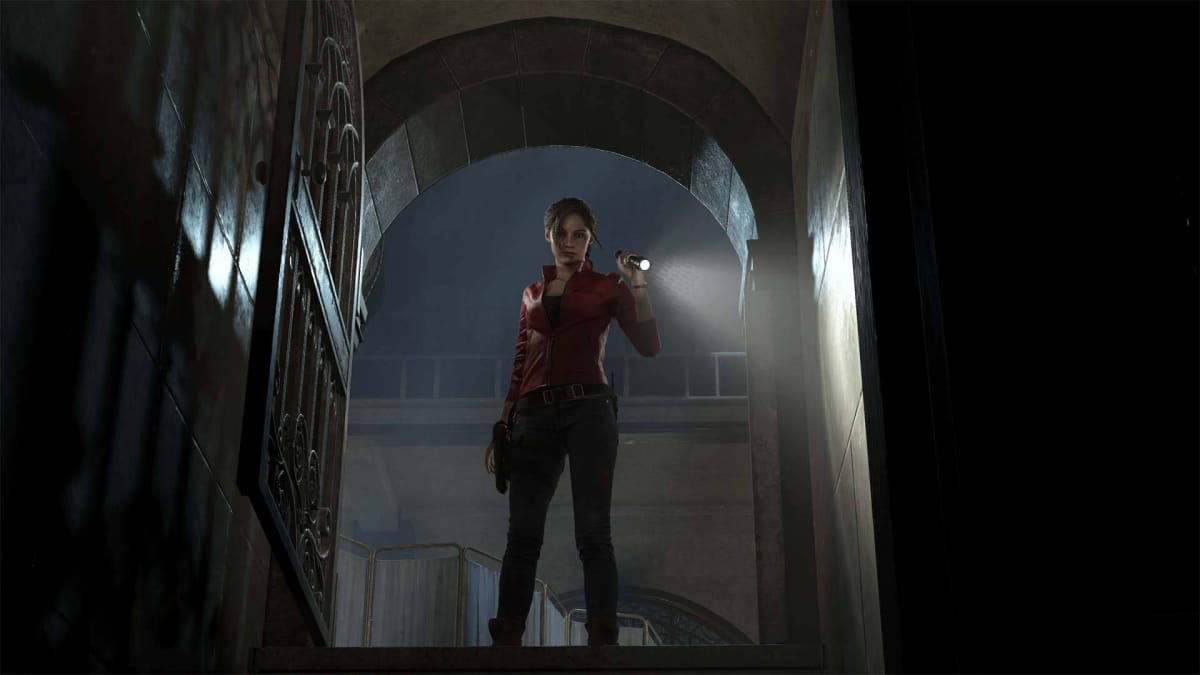
When Resident Evil 7: Biohazard released in 2017, it brought the series into a first-person view for the first time (uh, not counting the Umbrella Chronicles games…) and used Capcom’s in-house RE engine. This is an important turning point for two reasons: It revisited the series’ roots of survival horror and introduced new characters that we’ll continue to get to know in Resident Evil Village later this year. When the Resident Evil 2 remake was released a couple years later, it used the same RE engine that Resident Evil 7 was built on. This complete graphical overhaul and gameplay change corrected some of the elements of the original that haven’t aged well, and the sales reflect that. In fact, the Resident Evil 2 remake went on to sell more copies than the original Resident Evil 2 game.
With the Resident Evil 2 remake, Capcom kept the story and iconic locales like the police station, while swapping from fixed camera angles to an over-the-shoulder view that they’ve used in several games since Resident Evil 4. It should be said that by giving the game this more action-oriented angle, it does remove some of the intended claustrophobia and anxiety that the fixed camera offered. You could take your time peering around corners, looking down long hallways, and assessing each room before fully committing to anything. The original threw you into the action much more brazenly without as much preparation. You’d turn a corner, the camera would change and there’d be a zombie directly in front of you. Not anymore.
The fixed camera angles served their purpose for the time period, and in the history of survival horror, they’re definitely effective in maximizing the stress as you’re attempting to balance ammunition and your inventory with the environment. However, it’s difficult and even isolating for modern games to follow the fixed-camera design, and for that reason the choice to make Resident Evil 2 an over-the-shoulder, third-person experience was a good one.
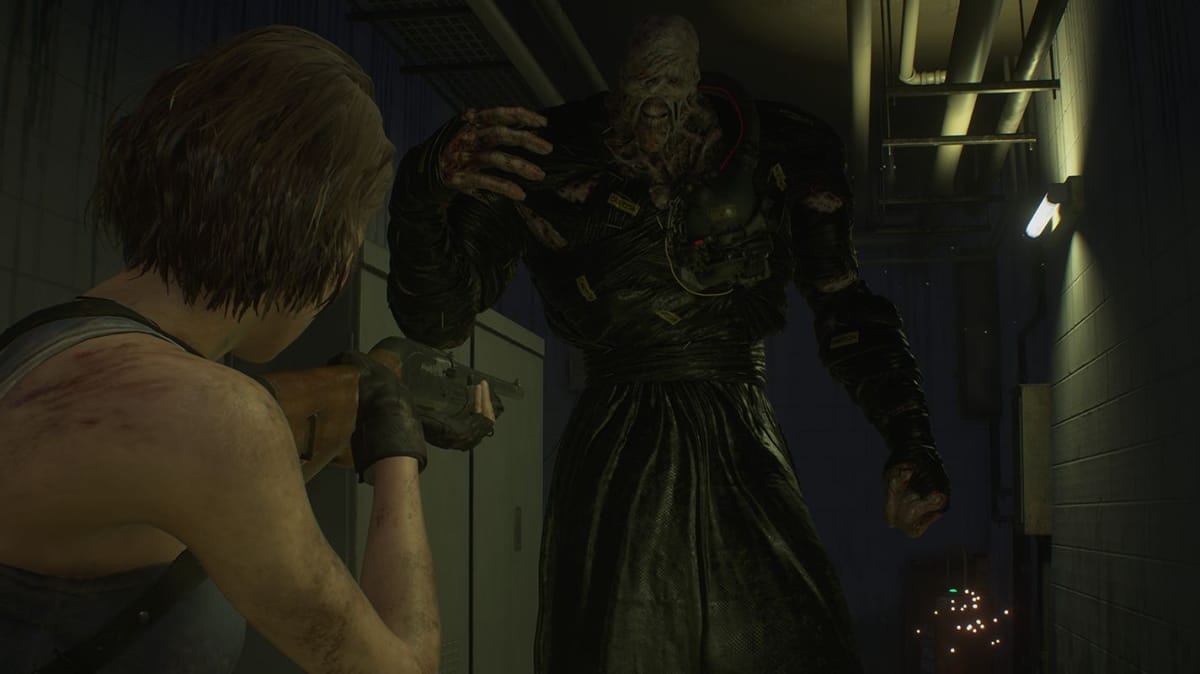
A year later, the RE 2 remake was followed up with the Resident Evil 3: Nemesis remake. Unlike RE 2, RE 3 was met with more criticism and fan disappointment. The remake of this 1999 Resident Evil game hit store shelves and digital downloads in April 2020, though there were reports of expected shipment delays due to the COVID-19 pandemic. This game also runs on the proprietary RE engine, and game elements were rearranged or removed in favor of a more-focused story. The core game may not have included as much as the Resident Evil 2 remake, but it did include the multiplayer game Resident Evil Resistance. The game is also much shorter than RE 2 on an initial playthrough, yet both games were designed in such a way that makes speed running fairly easy once you learn the puzzles and story beats.
The Future of Resident Evil Remakes
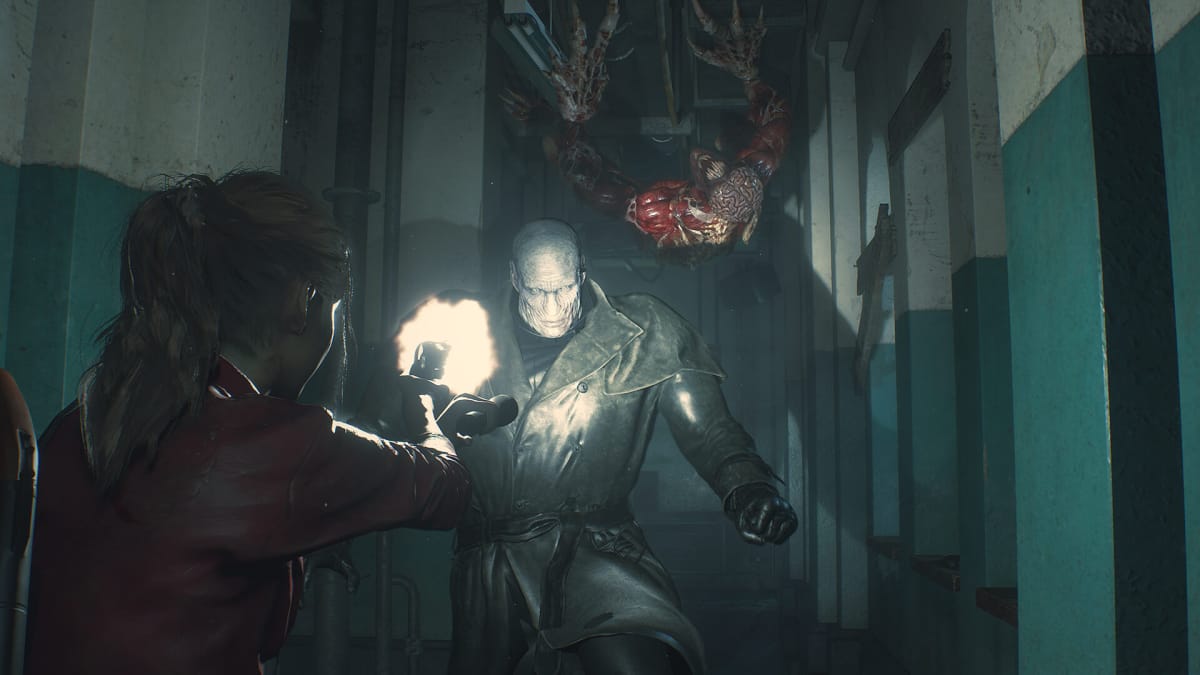
The Resident Evil 3 remake didn’t sell as well as its predecessor, but Capcom has said it still met their expectations, and it was the second best-selling retail game the week it was released (only coming in behind Animal Crossing: New Horizons). Most recently, Capcom has been focused on the upcoming Resident Evil: Village release, which takes place after the events of Resident Evil 7 and will continue to use the FPS perspective with protagonist Ethan Winters. What can we expect for the future of their other games, though?
Though Capcom has been quiet about any official announcements, numerous reports have indicated that the Resident Evil 4 remake is in development, presumably being developed with the same RE engine that Resident Evil: Village runs on. Given the similarities that fans have already seen between RE: Village and RE 4, it seems obvious that this is the direction they’ll go in, giving us a reimagined Resident Evil 4 with dynamic lighting and an even more attractive Leon Kennedy. However, who knows when we'll see a Resident Evil 4 remake release date as development on Resident Evil 4 has reportedly been delayed.
What about the earlier games in the series? With the exception of the 2002 GameCube release and an HD remaster in more recent years, many elements of the original 1996 Resident Evil game are dated. This can make it more difficult for new generations of RE fans to get into the story and fall in love with these characters that many of us have known for decades. It would make sense for Capcom to set their sights on the earlier games in the series and develop new Resident Evil and Resident Evil Zero games in the new RE engine.
When will we see remakes of these classic games? At the moment, it’s more likely that the next game to get a Resident Evil remake will be Code: Veronica. But who’s to say what the future holds for this globally popular survival-horror series.
What Resident Evil game would you most like to see remade next? Have you been happy with the way Capcom has been handling these games or do you want them to return to their roots of survival horror? Let us know in the comments!
Have a tip, or want to point out something we missed? Leave a Comment or e-mail us at tips@techraptor.net

